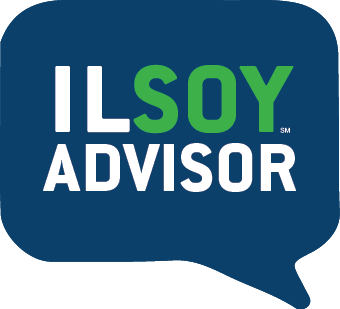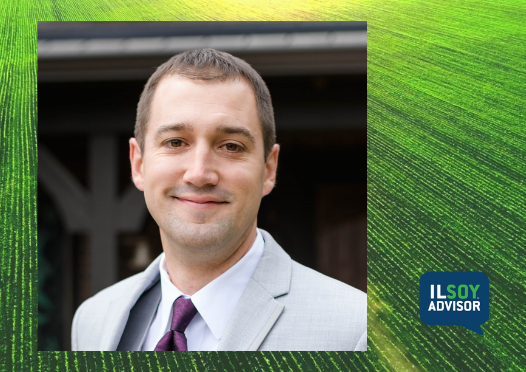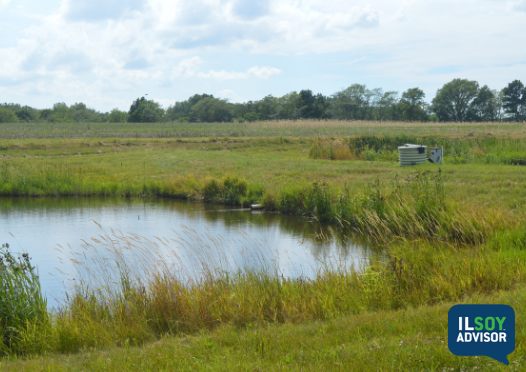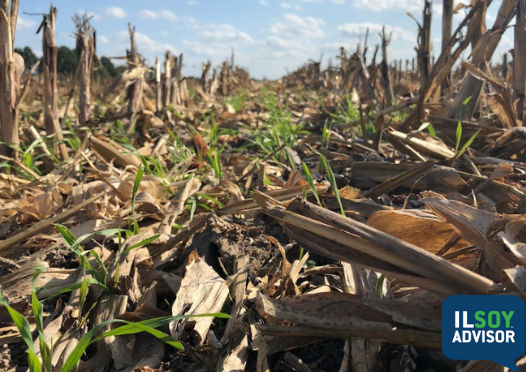ILSOYADVISOR POST
Sustainability Incentives
This article was originally published in the November issue of Soy Perspectives magazine.
If ever there was a year when Illinois soybean farmers could benefit from economic incentives to use sustainable practices, this could be the one. Many forces - extreme weather, commodity prices, tariffs, consumer demands – are pressuring farmers to consider opportunities to become even more sustainable, not only environmentally, but also economically.
The turmoil of 2019 begs the question: what can Illinois soybean farmers do to make their farmed acres more profitable and less vulnerable to forces beyond their control?
“We need to be realistic in helping farmers become more sustainable and profitable,” says Maria Bowman, lead scientist with the Soil Health Partnership (SHP). “A year like 2019 emphasizes the need to help farmers manage risk and make their farms more resilient through sustainable practices that include soil health management systems.”
Soil Health Programs
SHP is headed into its sixth year as a farmer-led initiative fostering transformation and sustainability in agriculture through improved soil health. It’s grown from 17 active farms in 2014 to more than 225 active farms in 2019. SHP represents around 6,000 acres across 16 states (including Illinois) and partners with more than 100 organizations at all levels.
“SHP is determining how farmers can adopt soil health practices more feasibly,” says Bowman. “It can be challenging to add soil health management practices to your operation. It’s not as simple as choosing a cover crop, and it’s all going to be golden.”
Bowman says SHP field managers work with farmers as they consider varieties and hybrids for cash and cover crops, nutrient management and tillage in their soil health management systems.
“Farmers may not see an economic benefit immediately but achieving soil and environmental benefits in a way that doesn’t hurt economically is still a win,” she adds.
Farmers adopting more advanced soil health measures involving strip trials receive a $5,000 payment per year from SHP over a five-year period. Beyond collecting data and research, SHP offers free on-farm technical assistance from field managers, webinars, a blog and the opportunity to network with other farmers working to improve soil health.
Read the full article on ilsoy.org.





Comments
Add new comment